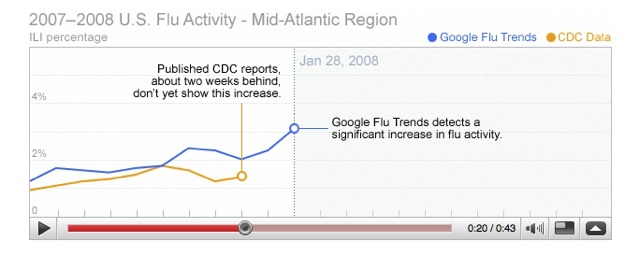Wonderful rant by Willem Buiter in his excoriation of Obama’s economics advisory board. In a nutshell, the team is too old, has too few professional economists, too many people associated with past failures, is stuffed with protectionists — and has too many lawyers. It’s this last that gets Professor Buiter really riled.
According to Legal Reform Now! there are 1,143,358 lawyers in the US, one for every 200 adults. The main problem is not that there are over a million socially unproductive lawyers in the US. The problem is that these lawyers are an essential component of a dysfunctional legal framework that has created the most litigious society in the world. The damage this dysfunctional legal framework causes must be measured not primarily by the direct cost of litigation, astounding though it is, but through the actions not undertaken and the creative and productive deeds not done because of fear of litigation. The first thing we do…
Except for a depressingly small minority among them, lawyers know nothing. They are incapable of logic. They don’t know the difference between necessary and sufficient conditions or between type I and type II errors. Indeed, any concept of probability is alien to them. They don’t understand the concepts of opportunity cost and trade off. They cannot distinguish between normative and positive statements. They are so focused on winning an argument through technicalities, that they no longer would recognise the truth if it bit them in the butt. If you are very lucky, a lawyer will give you nothing but the truth. You will never get the truth, let alone the whole truth. Things have degenerated to the point that lawyers and the legal profession not only routinely undermine justice, but even the law.
But the American political system is completely dominated by this largely socially unproductive and parasitic profession. Consider the membership of the House and the Senate (according to the Congressional Research Service 170 members of the House (out of 435) and 60 Senators (out of 100) are lawyers). Consider the professional training and background of past and future presidents (including Obama, 26 out of 44 presidents were lawyers) – and weep.



